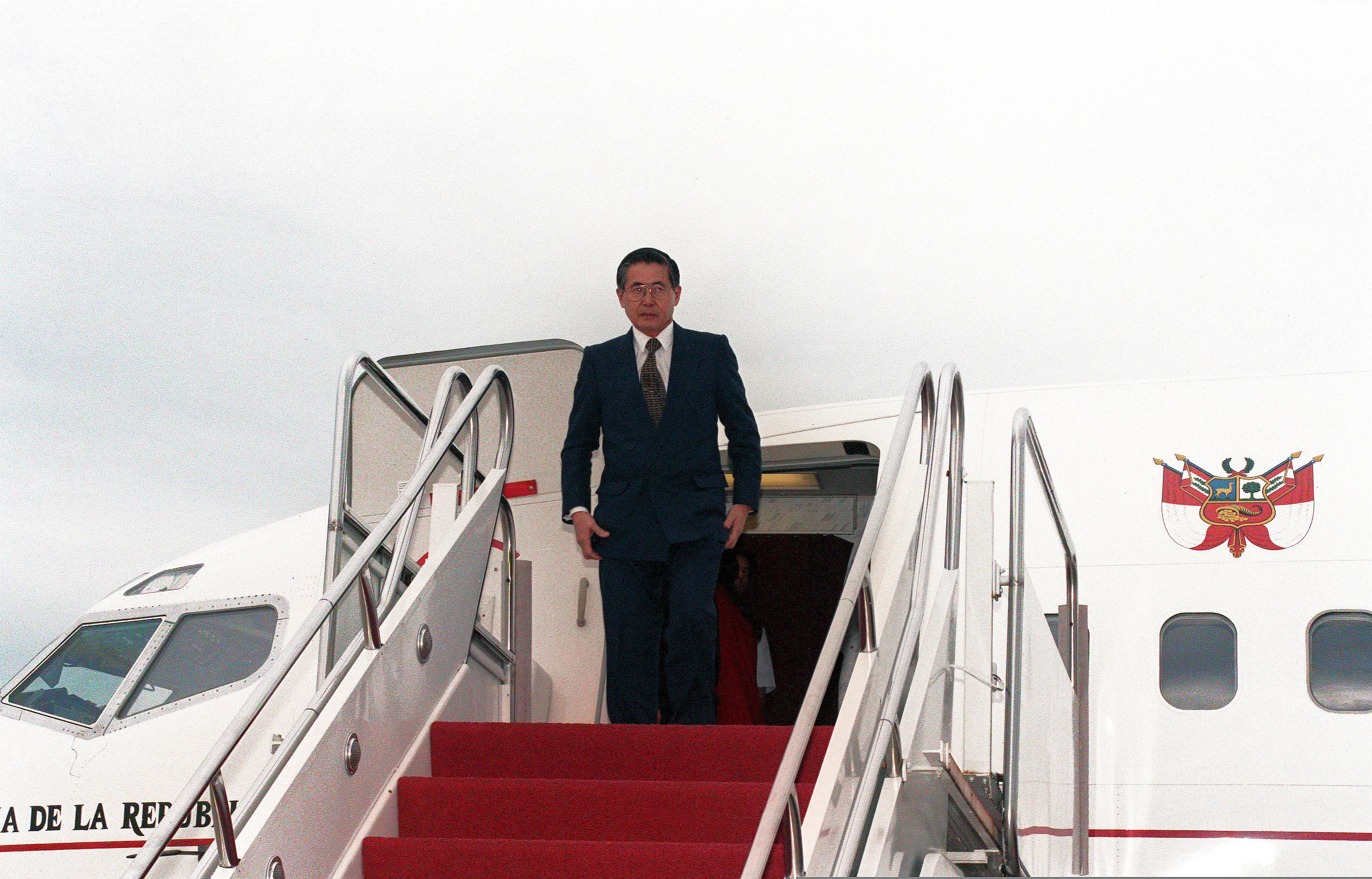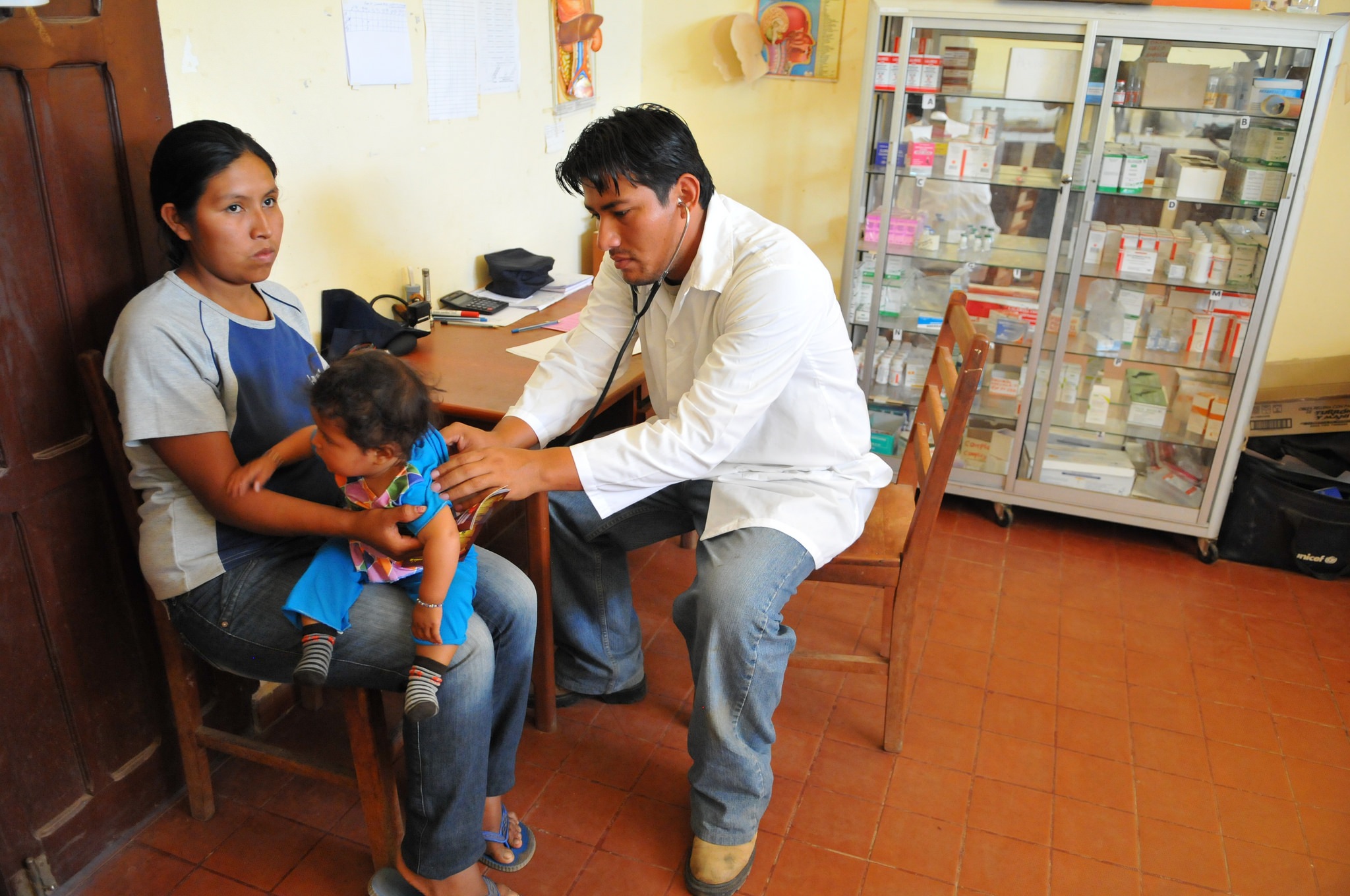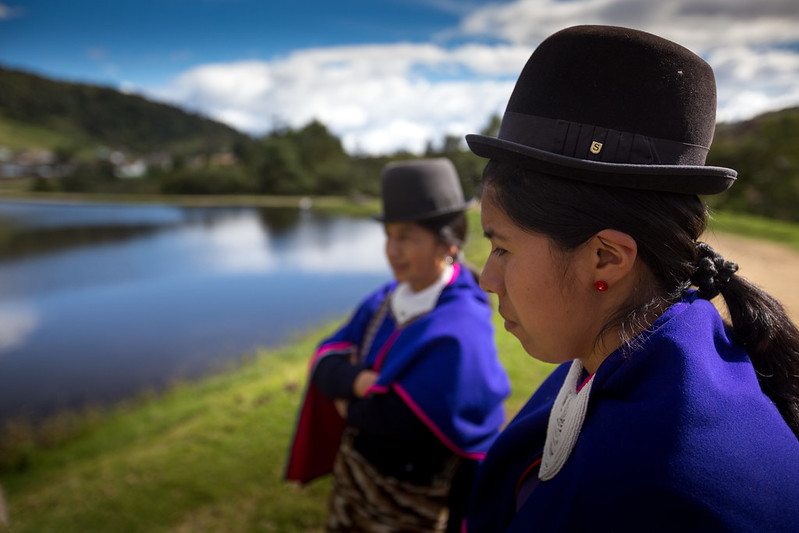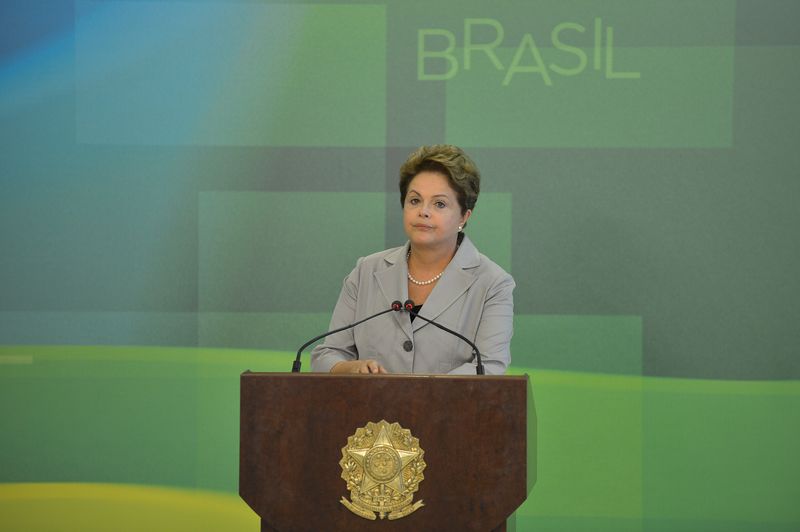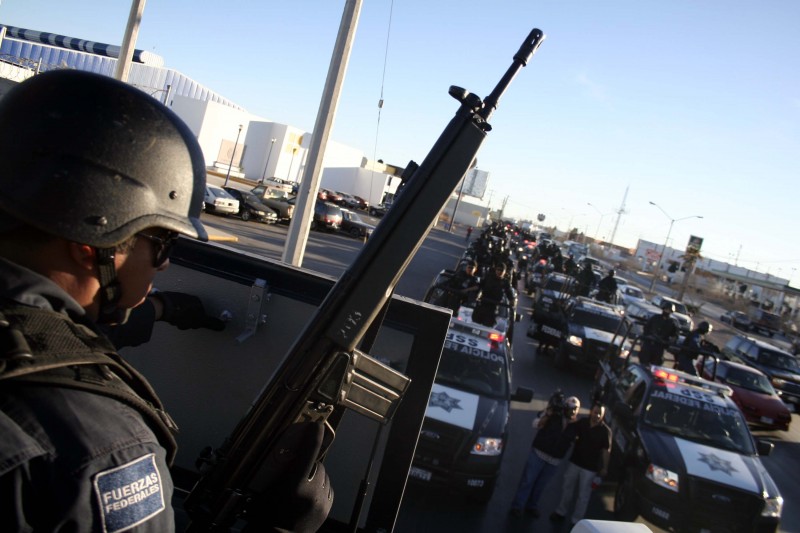
Latin America: Week in Review, Mexico
Rights Groups Applaud Release of Alleged Torture Victims in Mexico
December 4, 2015 By Staff
Four people were released from prison in two border towns in Mexico, after spending years incarcerated for crimes which rights groups say they were wrongfully accused and later convicted of after confessing under torture, The Associated Press reported Thursday.
“The fact that judges in different states of the country can strike down shaky accusations based on torture shows us that there is some hope for justice in other cases,” Amnesty International Americas Director Erika Guevara Rosas said in a statement on behalf of two of the individuals released.
Three of the freed individuals had been detained in 2013 in Ciudad Juárez, across the border from El Paso, Texas, on accusations that they belonged to an extortion ring, according to Mexican rights organizations. The fourth, a bus driver arrested in 2012, had been accused of drug trafficking. He was released from a prison on the outskirts of Tijuana, across the border from San Diego.
The freed individuals allegedly suffered physical, psychological and sexual abuse. Cristel Piña, one of the three detained in Ciudad Juarez, testified against her accused rapist, a policeman, in November. Piña also testified that she was tortured into giving a videotaped confession, which she recanted when brought before a judge.
A United Nations report (available as a .docx) released in March outlined the widespread use of torture methods, including waterboarding and rape, by security forces who enjoy “a disturbing level of impunity.” While the number of torture complaints to the country’s National Human Rights Commission has increased since 2007, according to the report, with 2,020 complaints in 2011 and 2,113 in 2013, only five people in Mexico were convicted of torture between 2005 and 2013.
The case highlights a controversial feature of Mexico’s justice system, based on civil law, where, in the language of an advisory from the U.S. consulate in Tijuana, the accused are “guilty until proven innocent.”
Headlines from the Western Hemisphere
North America
- The U.S. Government Accountability Office issued a report critical of the Obama administration’s ability to detect fraud in asylum cases, in which immigrants who have already made it to the United States petition to stay in order to escape persecution, thousands of which are submitted every year by Mexicans and Central Americans.
- Mexican authorities said Thursday they stopped a truck carrying 64 migrants, most of them from Central America, treating two of the migrants for lack of oxygen and arresting the transporters in Nuevo Leon state.
- Mexico’s state-run oil company Pemex opened the first of five gas stations in Houston, Texas on Thursday, and while the stations are branded in a fashion similar to those in Mexico, the gas stations will sell gasoline from U.S. reserves.
Caribbean
- A Constitutional Tribunal in the Dominican Republic blocked a new law that would have, for the first time, allowed abortions in cases when the pregnant woman’s life was at risk.
- U.S. prosecutors charged 10 Puerto Rican businessmen and officials, including a top fundraiser for the leading party, with corruption, amid a historic debt crisis and just days after the territory narrowly, temporarily staved off default.
Central America
- Costa Rica’s Foreign Minister Manuel González announced that a plan for the nearly 4,000 Cuban migrants stuck in that country seeking to get to the United States through a proposed “humanitarian corridor” through Central America had been rejected by Guatemala.
- A Salvadoran judge has ruled that former President Francisco Flores Pérez must stand trial for allegedly diverting $15 million in donated funds intended for earthquake victims to personal and party accounts.
Andes
- Ecuador’s National Assembly passed a constitutional amendment Thursday to lift presidential term limits, a move that will permit the incumbent Rafael Correa to continuously run for office after 2021.
- Venezuela’s health care system is failing due to lack of medicines and basic supplies, a source of mounting frustration for medical personnel and patients alike, according to the BBC.
- Meanwhile, health care is just one issue on a long list of concerns Venezuelans have ahead of elections Dec. 6, according to a poll released by the Pew Research Center Thursday, which found 85 percent of Venezeulans are dissatisfied with how things are going in their country though 43 percent still believe the country should follow former President Hugo Chavez’s policies.
- Colombia’s Attorney General’s Office launched an investigation Thursday into the alleged illegal surveillance and wiretapping of journalist Vicky Dávila, the director of La F.M. radio’s morning news program, after Dávila filed a complaint.
- Bolivia’s government announced Thursday that it will invest around $6.3 billion through 2020, including the construction of four new wind farms, in order to boost the country’s power capacity.
Southern Cone
- The 2,000 word impeachment complaint against Brazilian President Dilma Rousseff was read in the Chamber of Deputies Thursday. While the president’s allies have already begun to rally support to keep Rousseff in office, investors seemed to celebrate the news as Brazil’s stock market and currency gained Thursday in response.
- Argentine President-elect Mauricio Macri named Gustavo Arribas, a sports agent and former Boca Juniors club executive, as the next director of Argentina’s Federal Intelligence Agency on Thursday.
- Optimism that the election of Mauricio Macri will mean a boost to Argentina’s economy is,”excessive and maybe even exaggerated,” warns a Forbes article, which suggests Argentina’s current political and economic situation is too complicated for a quick turnaround.
- Representatives Tesla Motors, the US electric car maker, met with Chilean authorities to discuss a planned partnership with state copper mine Codelco in order to obtain lithium, a key ingredient in Tesla car batteries.
